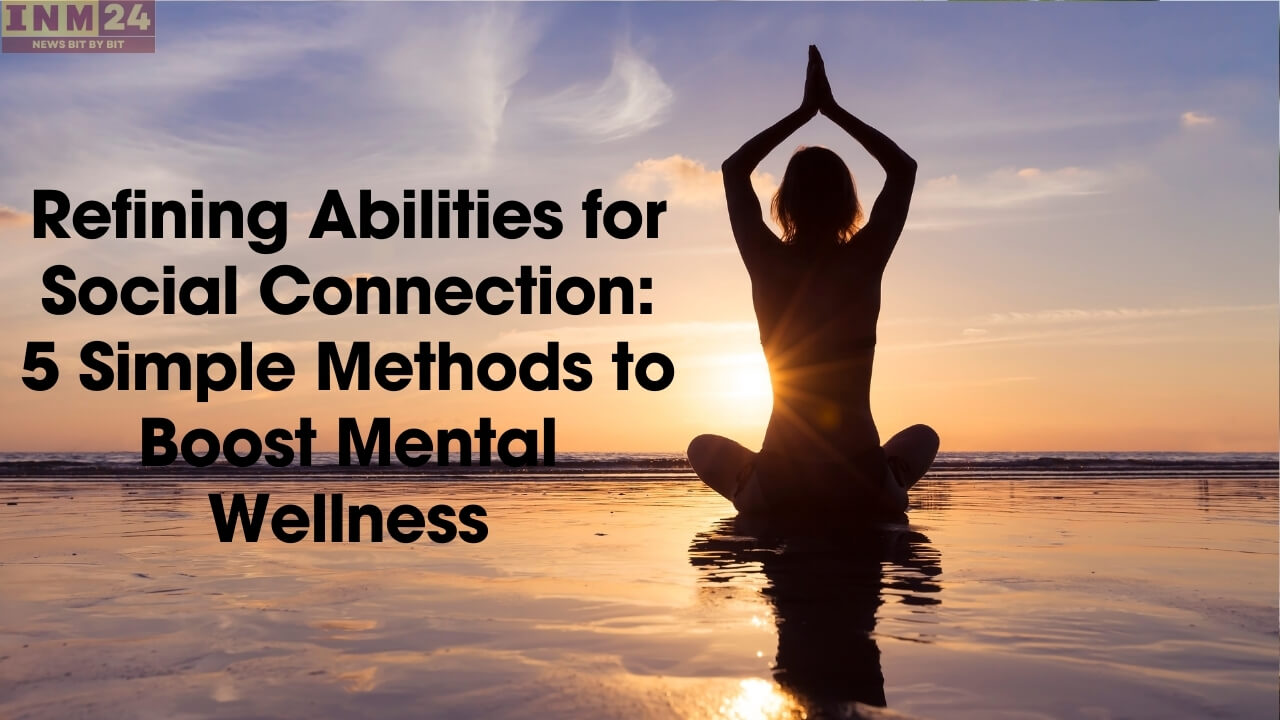In our fast-paced and interconnected world, the ability to connect with others plays a crucial role in maintaining our mental well-being. Whether it’s forming meaningful relationships, seeking support during tough times, or simply feeling understood, our social connections profoundly impact our mental health. Fortunately, there are simple yet effective ways to develop these skills and foster healthier connections with those around us. Here are five easy strategies to enhance your mental well-being through improved social interaction:
Practice Active Listening
Effective communication is a cornerstone of healthy relationships, and active listening is key to fostering understanding and empathy. Instead of simply waiting for your turn to speak, make a conscious effort to listen attentively to what others are saying. Focus on their words, maintain eye contact, and show genuine interest in their thoughts and feelings. Reflecting back what you’ve heard can also demonstrate that you value their perspective and are willing to engage in meaningful dialogue.
Cultivate Empathy
Empathy is the ability to understand and share the feelings of others, and it’s a skill that can be developed through practice and self-awareness. Put yourself in the shoes of others, try to see things from their perspective, and validate their emotions without judgment. Expressing empathy can strengthen your relationships, build trust, and create a supportive environment where individuals feel valued and understood.
Be Authentic
Authenticity is about being true to yourself and expressing your thoughts, feelings, and values sincerely. Embrace your uniqueness, and don’t be afraid to show vulnerability or share your experiences with others. Authenticity fosters genuine connections by allowing people to relate to you on a deeper level and encourages them to reciprocate by being authentic themselves. Remember that authenticity is magnetic and can attract meaningful relationships built on mutual respect and acceptance.
Develop Social Skills
Social skills are essential for effective communication and positive interactions with others. Practice basic social etiquette, such as maintaining good manners, respecting personal boundaries, and showing appreciation for others. Work on your non-verbal communication skills, such as body language and facial expressions, to convey warmth and openness. Additionally, seek opportunities to expand your social circle, join group activities, and engage in conversations with diverse individuals to broaden your perspective and enhance your social skills.
Prioritize Self-Care
Self-care is crucial for maintaining overall well-being, including mental health. Make self-care practices a priority in your daily routine, whether it’s engaging in activities you enjoy, practicing relaxation techniques like meditation or yoga, or ensuring you get adequate rest and nutrition. Taking care of yourself physically, emotionally, and mentally not only boosts your resilience and self-esteem but also enables you to show up as your best self in your interactions with others.
Developing skills to connect with others is essential for enhancing mental well-being and fostering healthy relationships. By practicing active listening, cultivating empathy, embracing authenticity, honing social skills, and prioritizing self-care, you can strengthen your social connections and create a supportive network that contributes to your overall happiness and fulfillment. Remember that building meaningful relationships takes time and effort, but the rewards are well worth it in terms of improved mental and emotional well-being.

